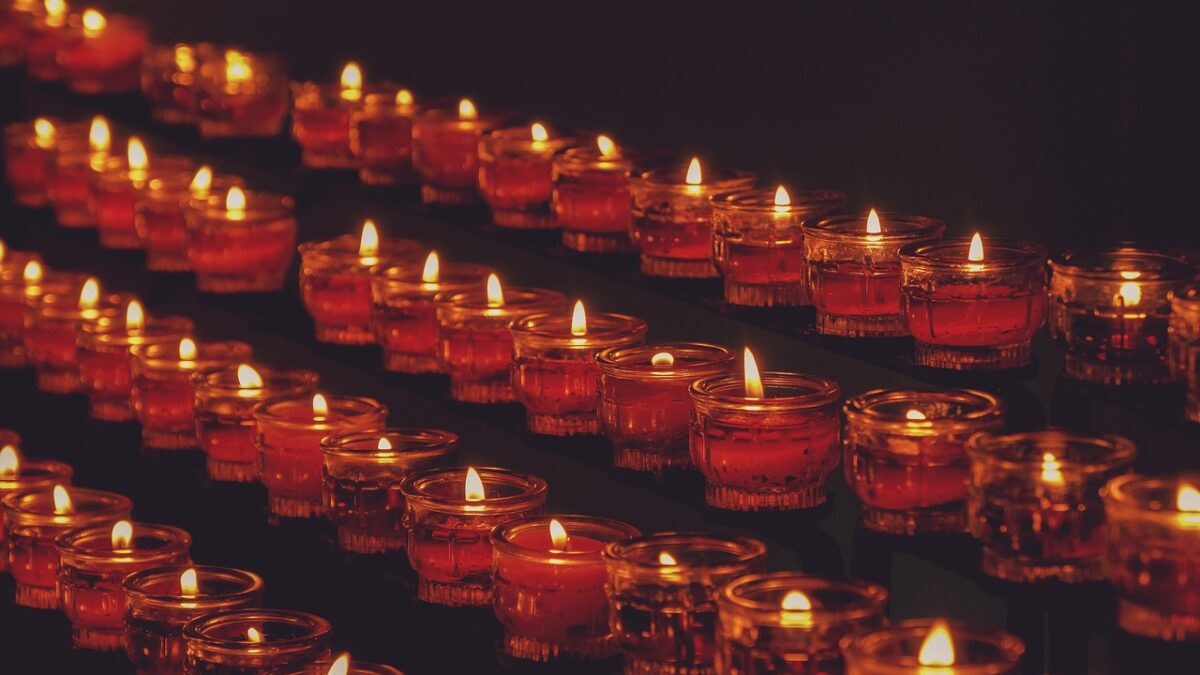Are Kids of Divorced Parents Losing their Religion?

Pro se…You Don’t Say?
July 25, 2021
Second Thoughts on Second Chances
December 9, 2021Churches, Temples, and Mosques for Children of Divorce
Focusing on Children’s Faith when the Family Breaks Apart
By Michael Heath
Every year fewer children are directly exposed to religion. There are several explanations for this, and children growing up in a broken home are particularly vulnerable to this national trend.
Fewer Children Sign Up for Religious Classes
I worked several years in Catholic publishing selling to religious programs, and saw first-hand the challenges leaders face in getting parents to bring in the next generation of faithful. There are a few reasons for this dilemma. Among them is society’s shift toward secularization; people do not identify with religious values like in years past. Others may feel a connection to a higher power but do not see a requirement to be associated with an established house of worship. Pew Research Center studies show that an increasing number of people identify as being spiritual rather than religious, negating the need for organized religion. Well-publicized, clergy-abuse scandals have certainly caused a negative effect on class enrollment. Additionally, competition from organized sports or outdoor activities has been a major factor.
I grew up in a small town during the 1970s where grade-school girls’ extracurricular activities were mostly limited to cheerleading and Girl Scouts. The boys had just a little more with boys’ basketball and little league baseball. Today the same town offers its youth teams for both boys and girls in cross country, soccer, lacrosse, roller hockey, swimming, softball, and baseball. Many programs have off-season training requirements or travel teams that tax children’s free time. This does not account for the additional non-sports related activities now available.
The point here is that even if children’s time is finite, there are more ways to apportion it. Most churches, temples, and mosques are feeling the pressure of competing for even an hour of a child’s time per week. Clearly, parents face the issue of squeezing in religious instruction and services among their children’s over-scheduled lives. Often, going to the house of worship is sacrificed in lieu of other activities. An increasing number of children are growing up with no or very limited religion. The trend has greater consequences than just “skipping church.” Moral values, hard work, and the importance of family are messages common to all religions. These lessons can be lost in a secular society.
Children of Divorced Parents May Need Religion Even More
In the case of divorced parents, the trend is even more concerning. The Public Religion Research Institute reports that children in their formative years raised by divorced parents are less likely to have religious affiliations. Naomi Schaefer Riley points out in her article Why Children of Divorce Need Religion, “The fact that both family and faith—the glues that hold together our culture and civic life, the safety nets of our most vulnerable citizens and the source of so much meaning and stability in our children’s lives—are each contributing to the weakening of the other is downright alarming.”
The hustle-bustle time in which we live provides endless excuses for married parents to fall back on when it comes to forgoing a religious affiliation. Divorced parents who suffer the extra burden of shuffling kids back and forth between households can come up with even more. Many raise the children without a house of worship believing their offspring can decide on joining a faith when they are old enough. But will they ever find God if they have never been exposed to religion? Doesn’t it make sense that, when the nuclear family is torn apart, a child’s “faith family’ becomes of greater importance?
Religious Instruction Builds a Foundation
From the time he was four years old, I raised our son on my own as a divorced father. Justin was sent to regular religious instruction and received the Catholic sacraments of Holy Communion, Reconciliation, and Confirmation. Now that he is in his twenties, he is like most of his friends in that he does not attend Mass with any regularity. Do I regret all those years of taking him to church and sending him to Catechism? No. Do I wish he was closer to his faith? Certainly. However, one day there will likely be a church wedding, children, baptisms, etc. Thanks to those years of church affiliation, my son will have a religion he can return to.




